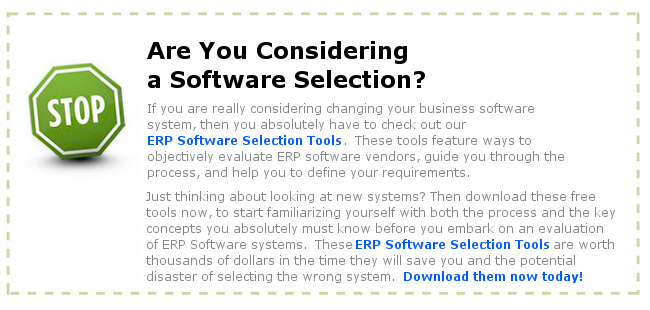Top 10 Process Manufacturing Software
Process manufacturing is a unique vertical market that is unlike traditional manufacturing in that thecompanies in this niche process liquids, chemicals, and fine blended ingredients. Usually the inventory is combined in a batch based on a recipe or a formula, the inventory is not assembled, but rather blended.
 Many different industries use Process Manufacturing ERP software. Companies that make paints and coatings, chemicals, foods, or any other liquids based product manufacturers would benefit from this type of software. This results in some unique properties, including yield factors and re-blended waste products.
Many different industries use Process Manufacturing ERP software. Companies that make paints and coatings, chemicals, foods, or any other liquids based product manufacturers would benefit from this type of software. This results in some unique properties, including yield factors and re-blended waste products.
Because of these unique factors, traditional manufacturing software does not fit these manufacturers. As such, we have listed below our Top 10 Process Manufacturing Software solutions (in no particular order):
Our List of Top 10 Process Manufacturing Software
Other Process Manufacturing Software
The list above is 10 potential vendors, but you may want to look at our Vendor Directory for other candidate Process Manufacturing Software vendors. Keep in mind that sometimes a vendor can do Process Manufacturing, but that is not their primary focus. This is something to look for, but also should be something to watch out for. Just because they say they can do process manufacturing, does not mean that they are successful at it.
If you need more assistance in your search, you can talk to the experts at Software Advice to help you narrow down your search. Call them to schedule a free, no-obligation consultation.
Be sure to check out the Free Software Evaluation and Selection tools we offer. These tools can save you time and money as you proceed on your evaluation of different systems.
We hope that this top 10 list has been useful. Let us know if there are other Process Manufacturing Software that you think should be included.
